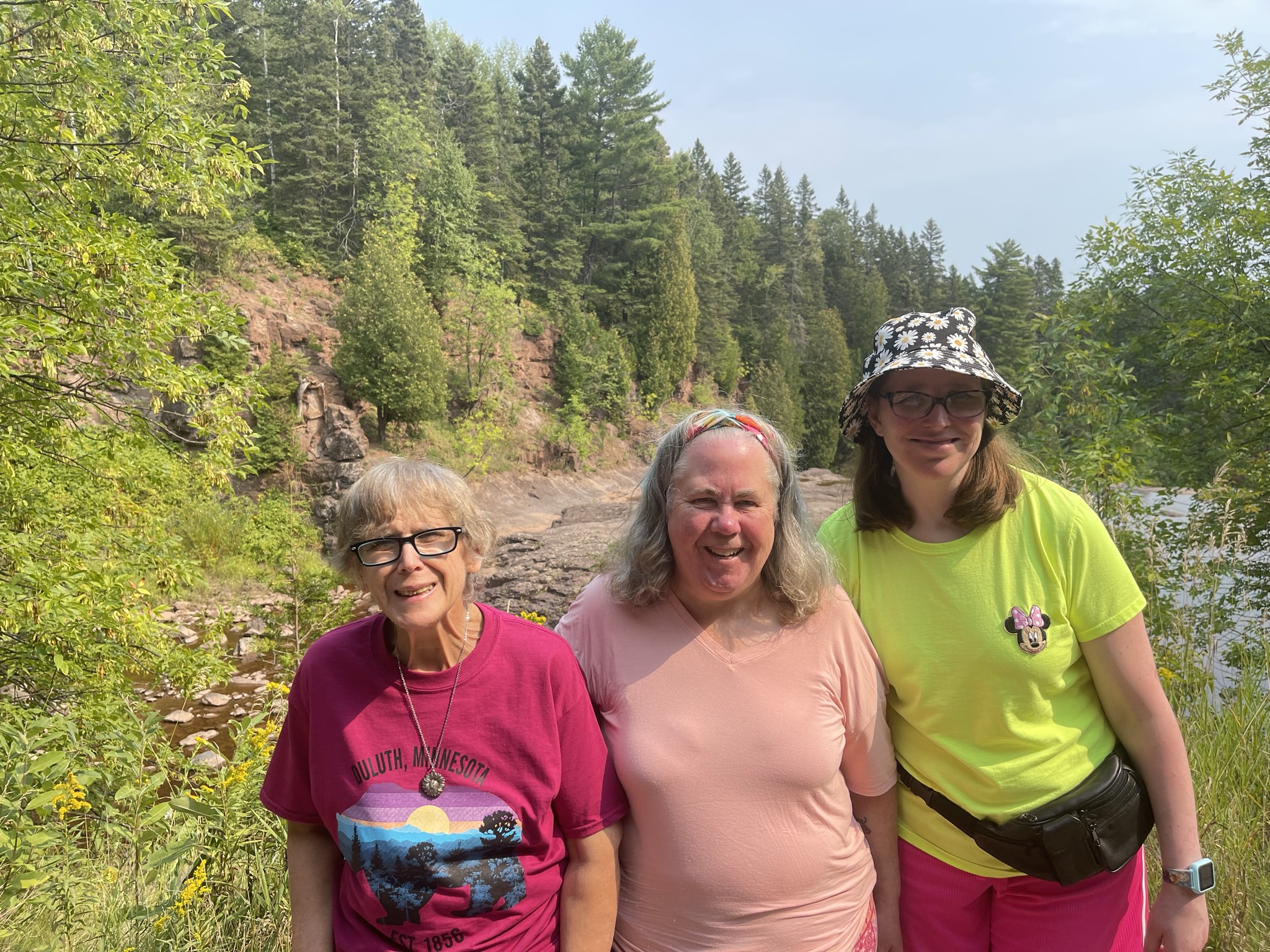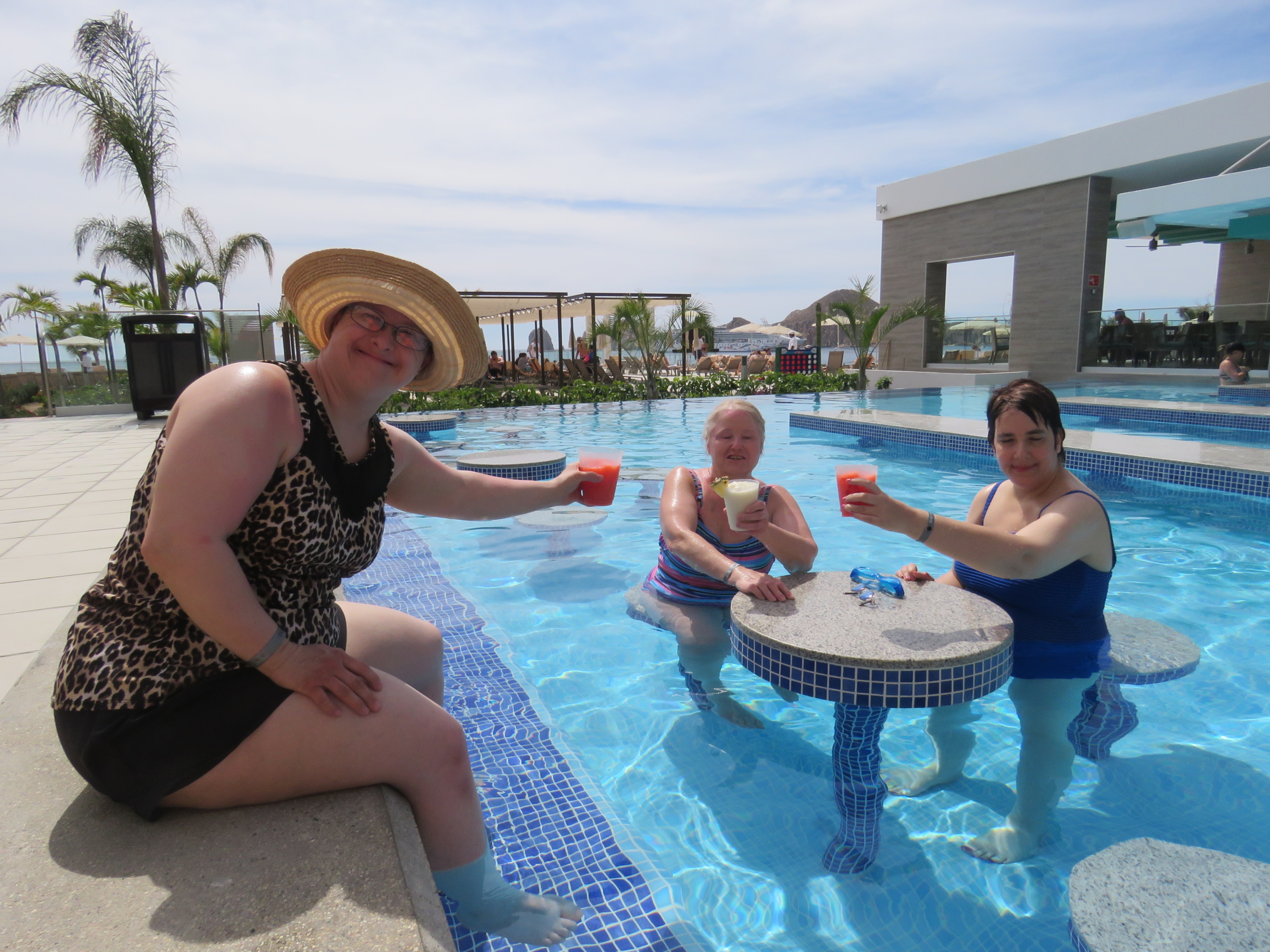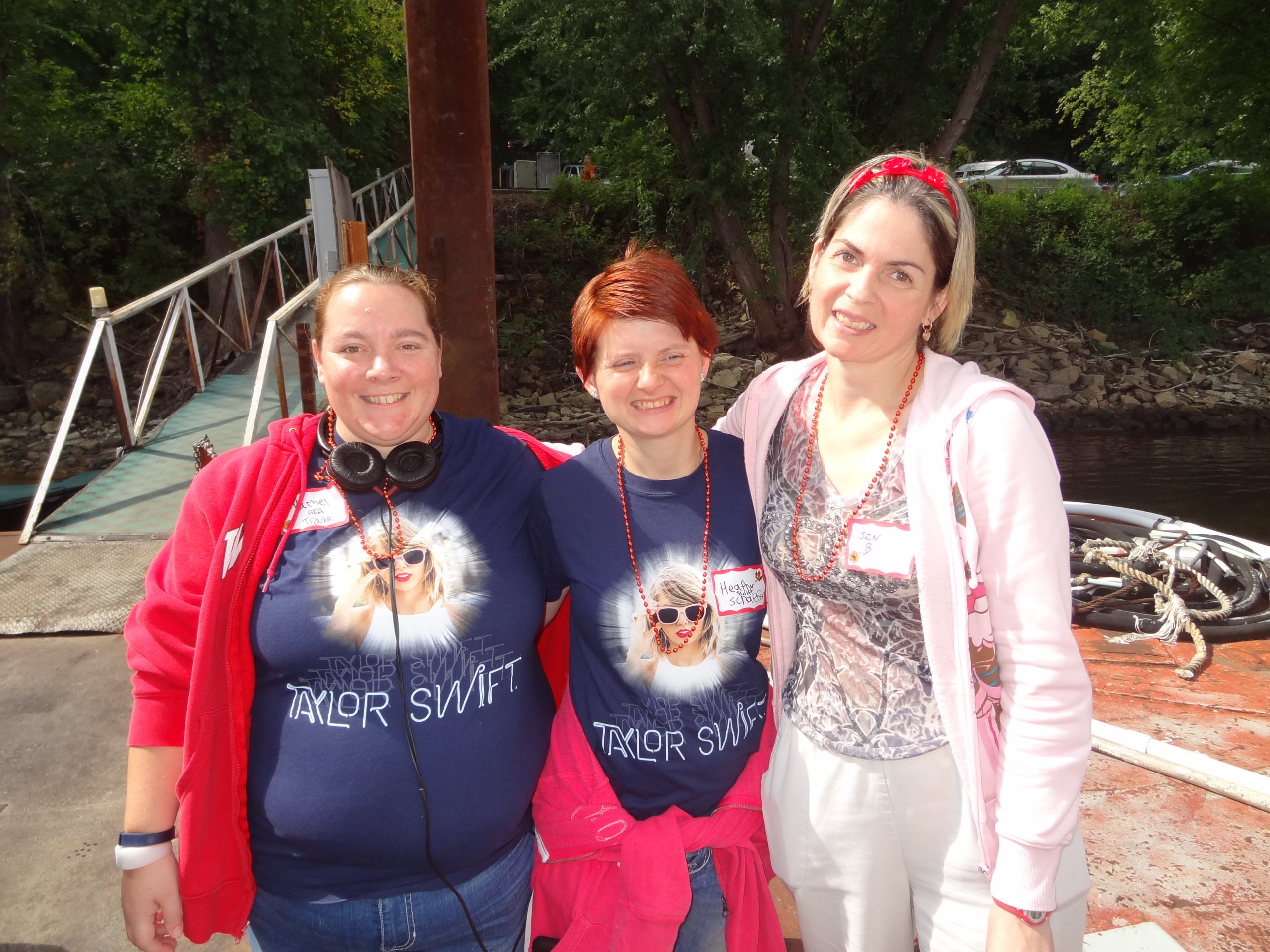Residential Placement Services
New Challenges provides flexible residential options to meet the support needs of every individual we serve, including those with developmental disabilities, acquired brain injuries, or emotional and cognitive disorders. Our homes bring safety, accessibility, and supportive services to our residents in the greater Twin Cities metro area. Person-centered care remains our central focus, ensuring each client receives the care they need, and deserve, to lead full lives.

Programs & Services: Residential Placement Services
Our Residential Placement Services offer a variety of residential settings to clients, depending on their needs and preferences. All of our programs are tailored to individual requirements and are constantly monitored and adapted for maximum effectiveness. We aim to be an affordable and effective partner for each individual we serve, working with families and caregivers, along with the persons served, every step of the way. Our residential homes are located across Dakota, Washington, southern Hennepin, and Chicago counties.

Our residential homes include:
- Modified and maintained apartments in quiet suburban apartment complexes with pools, meeting rooms, and other living amenities.
- In some of our two-to-three-bedroom apartment settings, we offer 24-hour emergency support, as well as support with independent living skills such as going to the bank, preparing nutritious meals, or completing daily hygiene activities.
- Townhomes in safe and accessible communities throughout the metro area.
- Well-maintained, free-standing homes, which include necessary adaptations such as ramps and accessible bathrooms.
- Corporate foster care in traditional group homes. These homes provide 24-hour supervision and advanced care for one to four individuals.
- Community-centered and supportive assisted living facilities for people ages 55 and older.
Promoting Harmony in Residential Placements
Roommates are as important to us as they are to our individuals served. We do recognize, of course, that living with roommates can be challenging, and conflicts can sometimes occur. To help reduce conflicts and promote harmony in residential placements, we make sure that we place individuals together who are well-suited to one another. In situations where two or more people will live together, we consider a range of factors, including their preferences, personalities, abilities, and needs when helping to determine the right fit. We work with individuals to make sure their needs and expectations are met when it comes to selecting roommates and forming those relationships.
We can also make necessary adaptations to our homes to accommodate our residents’ needs. This may include installing ramps, adding grab bars, modifying bathrooms, and making other accommodations to make living arrangements more accessible. We can arrange for special healthcare services when needed, as we continue to work with specialized healthcare providers who provide specific nursing assistance for people with diabetes, spinal cord injuries, seizure behaviors, or other unique needs.

Encouraging Positive Behaviors through Positive Support Planning
For some people with developmental, cognitive, or emotional disabilities, certain negative behaviors can limit their quality of life. These disabilities can keep people from participating actively in their communities or from living peacefully in their home environment while staying free from emotional and physical harm.
We offer positive support planning to individuals throughout the Twin Cities metro area. Positive support services are available to all individuals, whether they live in our many residential placements or receive in-home care.

What to Expect from Positive Support Planning:
- Staff members work with individuals to develop strategies for overcoming challenging behaviors
- Each Positive Support Plan is unique to the individual and lists ways to proactively avoid certain behaviors, as well as positive interventions and other supports
- Constant monitoring of the plan’s effectiveness to make sure that it is working, and adjustments are made when the individuals’ needs and goals change
Our focus is on supporting the individual by taking an effective approach, recognizing that what is effective today may not be effective tomorrow.
Positive Support Analyst
Often, the best way to approach difficult behaviors is to do so with the help of a Positive Support Analyst. When necessary, we partner with a licensed Behavioral Analyst to address our individuals’ behavioral needs and help them overcome these challenges.
